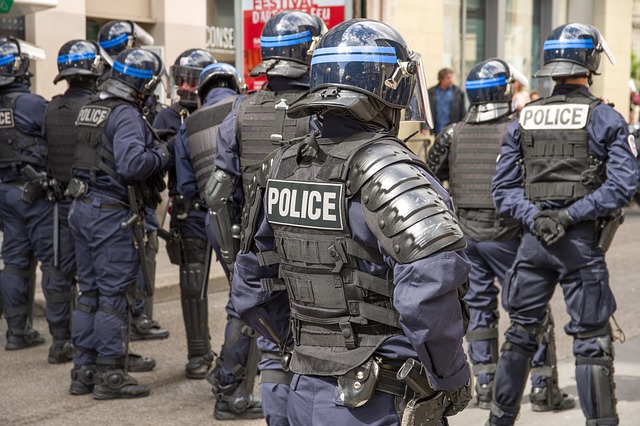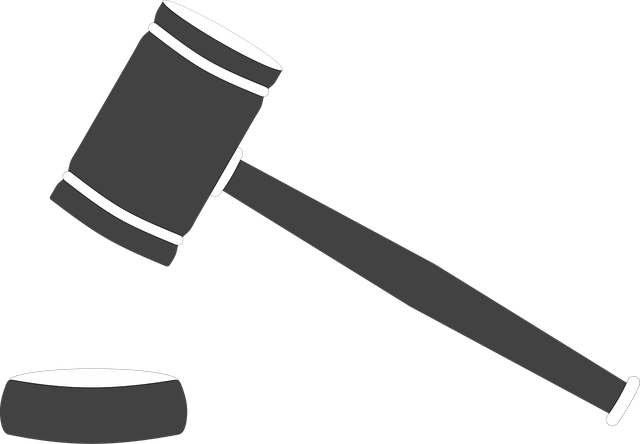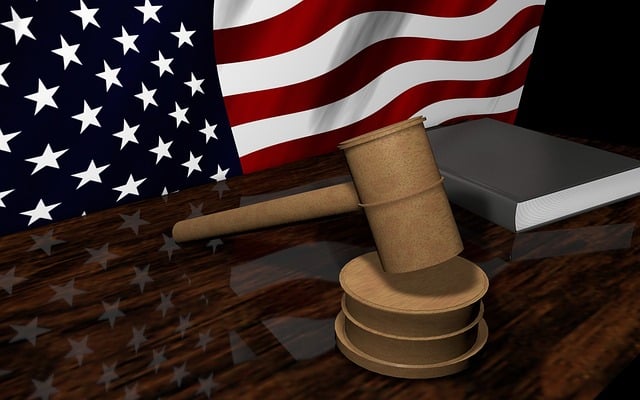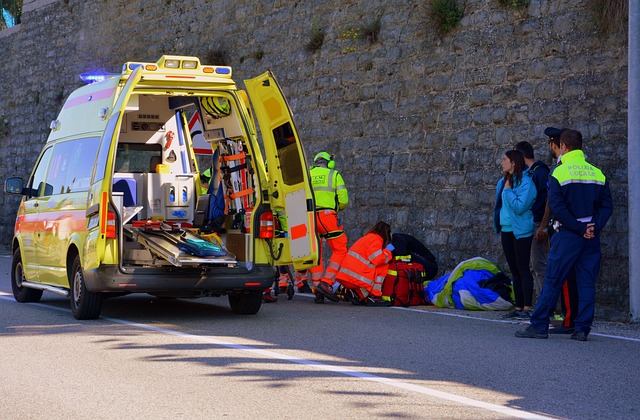Public corruption cases involve a range of illegal activities by government officials and businesses. Ensuring fair trials is crucial, with a focus on protecting defendant rights during jury trials. The presumption of innocence ensures a clean slate at the start of proceedings. Defendants have the right to be present, confront accusers, and examine evidence. Prosecution must prove guilt beyond reasonable doubt. Ethical prosecution practices and strict legal protocols maintain public trust in the justice system. Accused individuals need robust defense strategies, protecting their rights during trial, challenging evidence, and questioning witness integrity. Proactive measures like record-keeping and ethical conduct can also prevent indictment.
“Public corruption charges pose significant challenges to individuals and society at large. This article delves into the intricate world of public integrity, exploring definitions, scope, and the protections afforded to defendants facing these accusations. We examine key concepts such as presumptions of innocence and fair trial guarantees, emphasizing ethical prosecution practices. Furthermore, we analyze defense strategies for mitigating damages, underscoring the importance of safeguarding defendant rights during trial. Understanding these aspects is crucial for navigating the complexities of public corruption cases.”
- Understanding Public Corruption Charges: Definitions and Scope
- Presumptions of Innocence: Protecting Defendant's Rights
- Fair Trial Guarantees: Ethical Prosecution Practices
- Mitigating Damages: Defense Strategies for Accused Individuals
Understanding Public Corruption Charges: Definitions and Scope

Public corruption charges encompass a range of illegal activities where individuals or entities abuse their positions of power for personal gain. This can include bribery, extortion, and misuse of public funds. The scope extends to both government officials and corporate entities involved in white-collar and economic crimes. Understanding these charges is crucial as it involves navigating complex legal territories that protect the rights of defendants during trial. In cases of public corruption, the focus is not merely on punishing perpetrators but also ensuring fair trials for all parties involved.
The definition of public corruption charges goes beyond mere financial transactions. It involves any action or inaction that undermines public trust and integrity within governmental and corporate structures. These crimes often have significant economic implications, impacting not just the immediate victims but society at large. Protecting defendant rights during jury trials is a cornerstone of this process, ensuring that the legal system remains balanced and that the guilt or innocence of individuals is determined fairly based on evidence and procedural due process.
Presumptions of Innocence: Protecting Defendant's Rights

In any legal system, one of the foundational principles is the presumption of innocence. This concept ensures that every individual accused of a crime, be it white-collar or economic offenses, begins their trial with a clean slate. Protecting defendant rights during trial is paramount to upholding this principle and ensuring justice is served. The burden of proof lies squarely on the prosecution to establish guilt beyond a reasonable doubt.
During jury trials, which are a cornerstone of many legal systems, defendants have the right to be present, face their accusers, and examine evidence. This process allows for a thorough examination of facts at all stages of the investigative and enforcement process, including the trial itself. The rights of the defendant, such as the ability to challenge evidence and testify on their own behalf, are crucial safeguards against potential miscarriages of justice.
Fair Trial Guarantees: Ethical Prosecution Practices

In any discussion on public corruption charges, ensuring fair trial guarantees is paramount to upholding justice. Ethical prosecution practices are crucial in protecting the rights of defendants, especially when dealing with complex cases that often involve powerful individuals or entities. The focus should be on presenting factual evidence while avoiding any form of bias or misconduct that could compromise the integrity of the judicial process. This includes adhering to strict legal protocols and ensuring transparency throughout the trial, which is essential for maintaining public trust in the justice system.
Defending against public corruption charges can be challenging, but a winning challenging defense verdict often hinges on meticulous preparation and a robust understanding of both the law and the specific circumstances of the case. Whether representing corporate or individual clients, effective legal strategies aim to safeguard respective business interests while ensuring that every defendant receives a fair hearing. Ethical prosecution practices not only guarantee protecting defendant rights during trial but also contribute to building a more equitable and just society.
Mitigating Damages: Defense Strategies for Accused Individuals

When facing public corruption charges, accused individuals must employ robust defense strategies to mitigate potential damages. A well-crafted defense plan focuses on protecting the defendant’s rights during the trial process. This includes ensuring due process, challenging the admissibility of evidence, and questioning the integrity of witnesses. By employing these tactics, legal representatives can build a strong case for their clients, aiming to avoid indictment or, at the very least, secure a more favorable outcome.
One effective approach is to present a general criminal defense strategy, which involves disputing the facts presented by the prosecution. This may include arguing that the alleged actions did not constitute illegal behavior or demonstrating that the defendant lacked the requisite intent. Additionally, for corporate and individual clients alike, focusing on avoiding indictment through proactive measures can be beneficial. This could entail maintaining thorough records, ensuring compliance with legal regulations, and fostering a culture of ethical conduct within organizations to prevent future accusations.
Public corruption charges are serious matters that require a delicate balance between holding public officials accountable and ensuring the protection of their rights during trial. By understanding the definitions, scope, and presumptions involved, we can uphold fair trial guarantees and ethical prosecution practices. Additionally, familiarizing ourselves with defense strategies enables us to mitigate damages for accused individuals, ultimately fostering a justice system that respects both accountability and due process. Protecting defendant rights during trial is paramount in navigating these complex cases, ensuring a fair and just outcome for all parties involved.






